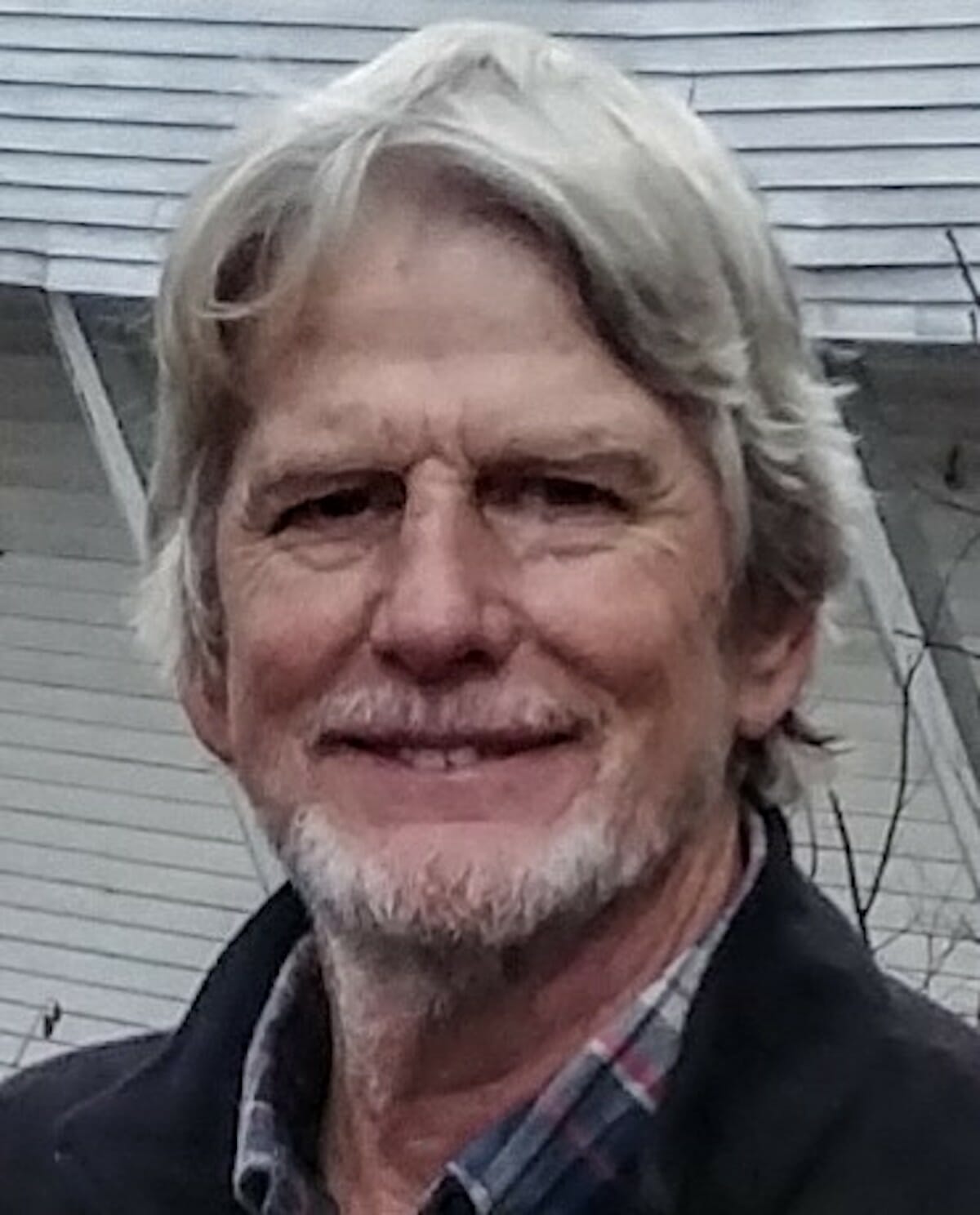By Scott Graber
It’s Thursday, early, and this morning Tony Kukulich gives us a long, comprehensive article (in The Island News) about Tickton Hall’s foray into Jasper County.
When I was a young 30-year-old lawyer, I sometimes had cases in Jasper County. When I had a trial in Ridgeland, I drove over the Broad River Bridge at seven in the morning, passing the water plant on Highway 170, and then down Snake Road into the beating heart of Jasper.
This winding, caffeine-assisted, LeMans-like sprint took me past pine forests, open fields, fresh water wetlands reminding me what Beaufort County might have looked like 100 years ago. In this time before the ubiquitous cell phone, I would shove Andreas Bocelli into my tape deck and sing “Ave Maria” as I made this early morning run.
In those days Jasper had two plants — Wayneline and Holiday Wear — but mostly it was given over to growing pine trees — forests then being 73.8% of the County’s 650 square miles, which were mulched into pulp at the paper mill in Savannah. I remember writing an article (for a magazine called Osceola) saying an acre of pine trees in Jasper generated 68 cents in real estate taxes. Whereas an acre of pine trees in Beaufort generated $1.36. I did not compare this 68 cents with an acre of condominiums grown on Hilton Head.
Jasper County also had vast tracts of land owned by private hunting and fishing clubs called Spring Hill, Delta and Good Hope. But he largest and most famous of these was the Okatie Club — then 40,000 acres — where membership was passed down from father to son. I never spent any time at the Okatie Club, but one heard stories of bird and deer hunting, and rustic luxury where attendants would creep into one’s guest room in the early morning darkness and start a fire in the bedroom’s hearth
Chelsea Plantation was not a club, it was a winter-time retreat for the Marshall Field family. Its white, columned plantation house hosting shotgun-toting guests who would fly in for a long weekend. Ruth Field was often in attendance, and, from time to time, she donated significant sums of money and land to Beaufort Jasper Comprehensive Health.
Now Tickton Hall Investments, LLC is asking that 1,500 acres be annexed by the Town of Ridgeland. The land in question is 1,315 acres of “uplands,” 250 acres of marsh and a development plan contemplating 4,800 houses just across Euhaw Creek from Chelsea.
At this point the only governmental entity that can give the developer the housing density it wants is the Town of Ridgeland. And, apparently, the Town is leaning in the annexation direction (some on Council) believing that development is inevitable.
There are other challenges to the project — the cost of water and sewer — and getting a permit to discharge effluent. But the essential, elemental math of 4,800 houses depends on annexation.
If built, this development will parallel the building boom along Highway 278 — we’re talking Sun City and Latitude Margaritaville. These earlier Jasper retirement enclaves emphasized their proximity of Hilton Head Island, did not involve any marsh frontage, were mostly welcomed by nearby neighbors in Hardeeville.
But this geography is different.
For the last 45 years, Jasper has watched Beaufort County grow. It has had a front row seat on the exponential development that effectively erased Beaufort County’s fields and forests. It has also seen that Beaufort County’s schools have been largely rebuilt as tax dollars have poured into its coffers.
Surely Jasper’s poorest-in-the-nation status would entice Jasper’s leaders to do whatever is required in order to reap the tax tsunami that comes with Target, Best Buy, Publix and Walmart. Surely these left-behind folks will welcome new money for their under-performing schools and their maintenance-deferred infrastructure.
And yet, at this writing, they hesitate. Public sentiment — those who show up and speak — seems to be running against annexation.
Perhaps these rural folk still love their pine forests, the ability to shoot deer from their back porch; the miles of dock-free marsh that border Euhaw Creek and the Chechessee River. Perhaps they see the irony of Beaufort County residents taxing themselves in order to stop themselves from developing every remaining unimproved acre.
Perhaps our next door neighbors are hesitant to trade-in their pristine, unbroken marshes for the diced, sliced, variegated variety just across the Broad River. Maybe they’ve seen our Xanadu and want no part of it.
Scott Graber is a lawyer, novelist, veteran columnist and longtime resident of Port Royal. He can be reached at cscottgraber@gmail.com.








